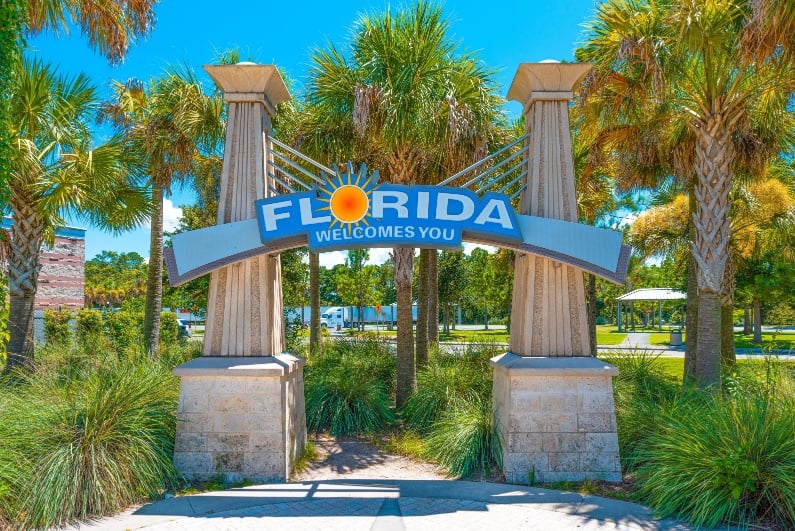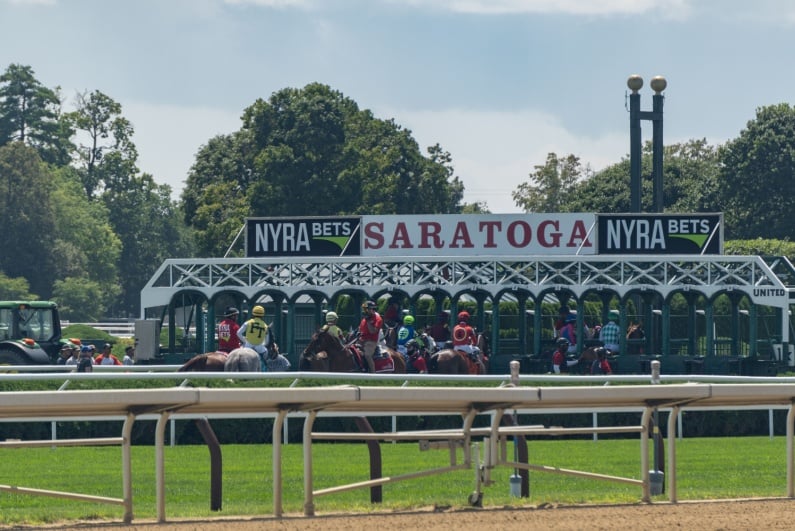No luck
Attempts to legalize online casinos in Maine and Maryland have hit stumbling blocks. Lawmakers in both states proposed legislation that would see the introduction of iGaming, but both have hit walls.
bill in Maine fell just three votes short in the House of Representatives
A bill in Maine fell just three votes short in the House of Representatives on Tuesday and its future now looks bleak. The Senate will still have its say on the proposal, which means that there’s still a slim chance of success before this year’s legislative session wraps up on April 17, but passage is unlikely.
People in Maryland won’t have access to online casinos until at least 2026 after the General Assembly didn’t manage to pass a measure before the session’s adjournment on Monday.
Online casino gambling is legal in seven states: Connecticut, Delaware, Michigan, New Jersey, Pennsylvania, Rhode Island, and West Virginia.
Concerns over exclusivity in Maine
LD1777 aimed to give Maine tribes exclusive rights to run online casinos, similar to the current structure for online sportsbooks in the state.
Some who opposed the legislation questioned the decision to not allow non-tribal entities to play a role in the iGaming sector. Others had fears about rising addiction levels or that legalization could lead to job losses at the state’s two commercial casinos.
Representative Laura Supica, the sponsor of the bill, estimated that the tribes would benefit to the tune of about $100m in the coming years if the plan came to fruition.
Stalling in the Maryland Senate
A constitutional amendment would have been necessary for Maryland lawmakers to legalize iGaming, which requires the House and Senate to support the proposal with a two-thirds majority before putting the matter to a public vote in November. The bill did gain passage in the House in March before stalling in the Senate.
Senator Ron Watson, a long-time proponent of expanding online gambling in the state, believes that the main things holding back legalization are concerns about addiction and online platforms potentially eating into the revenue of land-based facilities.




